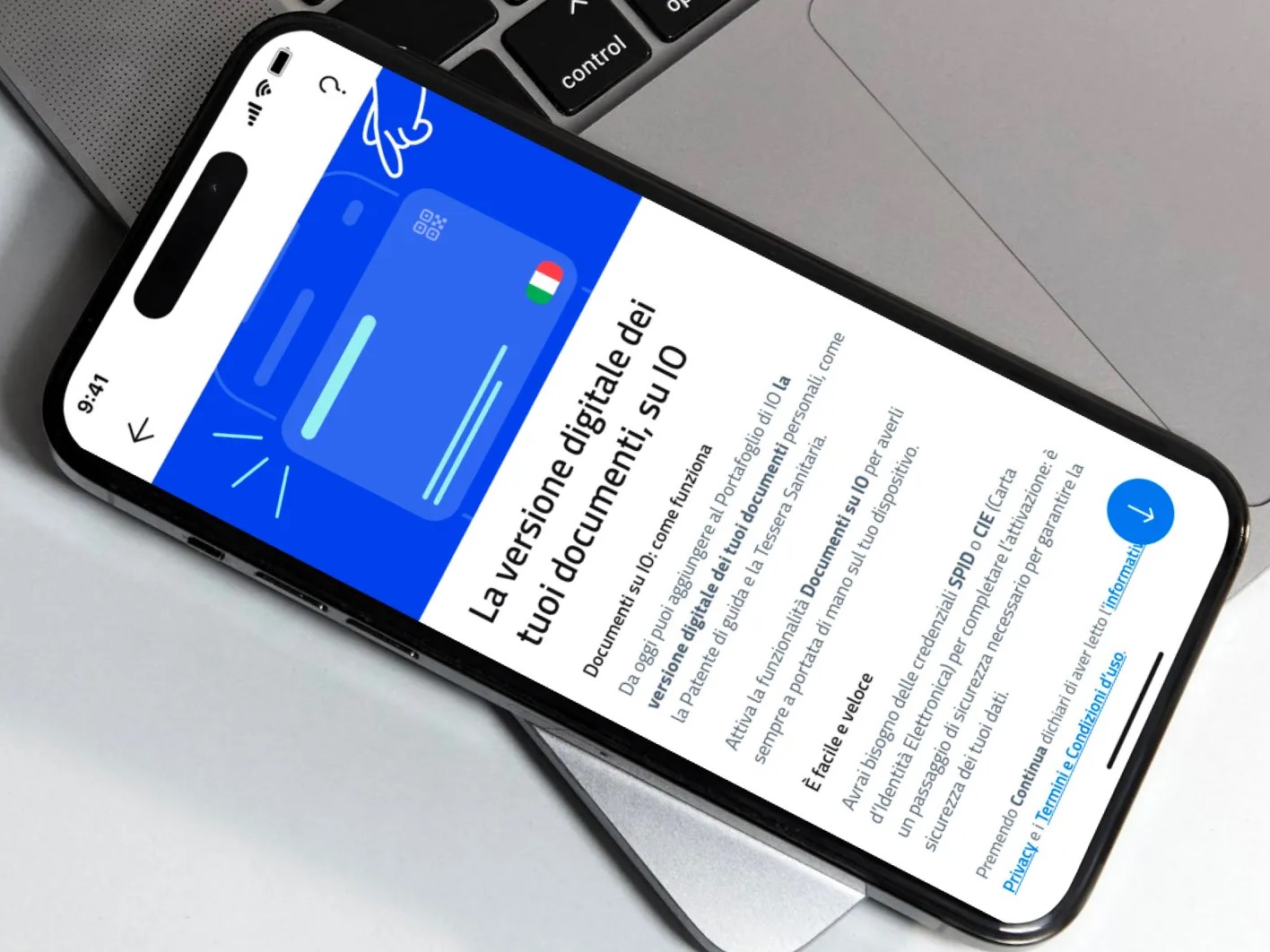
 Millionaire
Millionaire
Italian good news: Digital identity in Italy, introducing IT-Wallet
- WTI Magazine #181 Nov 23, 2024
-

 Millionaire
Millionaire
As of Oct. 23, 50,000 Italian citizens can already access IT-Wallet, the new “virtual wallet” wanted by the government. This tool allows them to store digital documents, such as their health card and driver's license, on the IO app and access various services. It will constitute our “digital identity” in anticipation of the creation of a Europeandigital identity by 2026.
What will this digital identity be used for, how will it work, and how will the security of personal data and the citizen's right to privacy be guaranteed?
IT-Wallet is a non-mandatory and completely free digital wallet service , the result of the collaboration of several public administrations.
IT-Wallet will allow all the most important personal documents to be “digitally at hand,” avoiding problems such as deterioration, expiration, loss and theft. Through digital identity, every user will be able to prove his or her identity immediately and gain faster access to public administration services.
In anticipation of the European digital identity, the Italian Digital Agency (AGID) has announced the sharing, for the benefit of all, of the source code of all components of the IT Wallet.
However, for both the European and Italian digital identities, some unknowns remain regarding digital identity vulnerability and data protection.
The IT security and data protection issues related to the development of these digital wallets are multifaceted and involve various aspects. For example, in the design of the Wallet itself, Eurosmart (an association of privacy experts) highlighted the need for strict cybersecurity for the physical components of the wallet. As a result, the European Commission mandated ENISA, the EU cybersecurity agency, to provide support for the certification of national and European wallets.
Regarding possible breaches of the “private key” of each digital wallet, IT-Wallet has introduced the use of a code or fingerprint, with the possibility of locking the wallet if the phone is stolen or lost. In addition, digital data will be encrypted and shared only temporarily with the State Mint and Printing Institute. Access to services that require a higher level of security will require the use of the CIE (Electronic Identity Card).
Despite these initial assurances, it is undeniable that data privacy and security issues will vary with use and intensify as cybercrime develops. In addition, as was also the case with Covid green certificates, digital identification tools subtend control by the state with respect to the data stored, the use of those documents, the frequency of use and the services that are used.
The hope is that the rapid move toward an increasingly connected and interactive society, so desired with the creation of a functional digital identity for faster access to services, will at the same time stimulate greater EU attention to data protection and the possible emerging risks associated with their widespread use and by setting ethical rules of access and monitoring that safeguard the fundamental rights of every citizen.